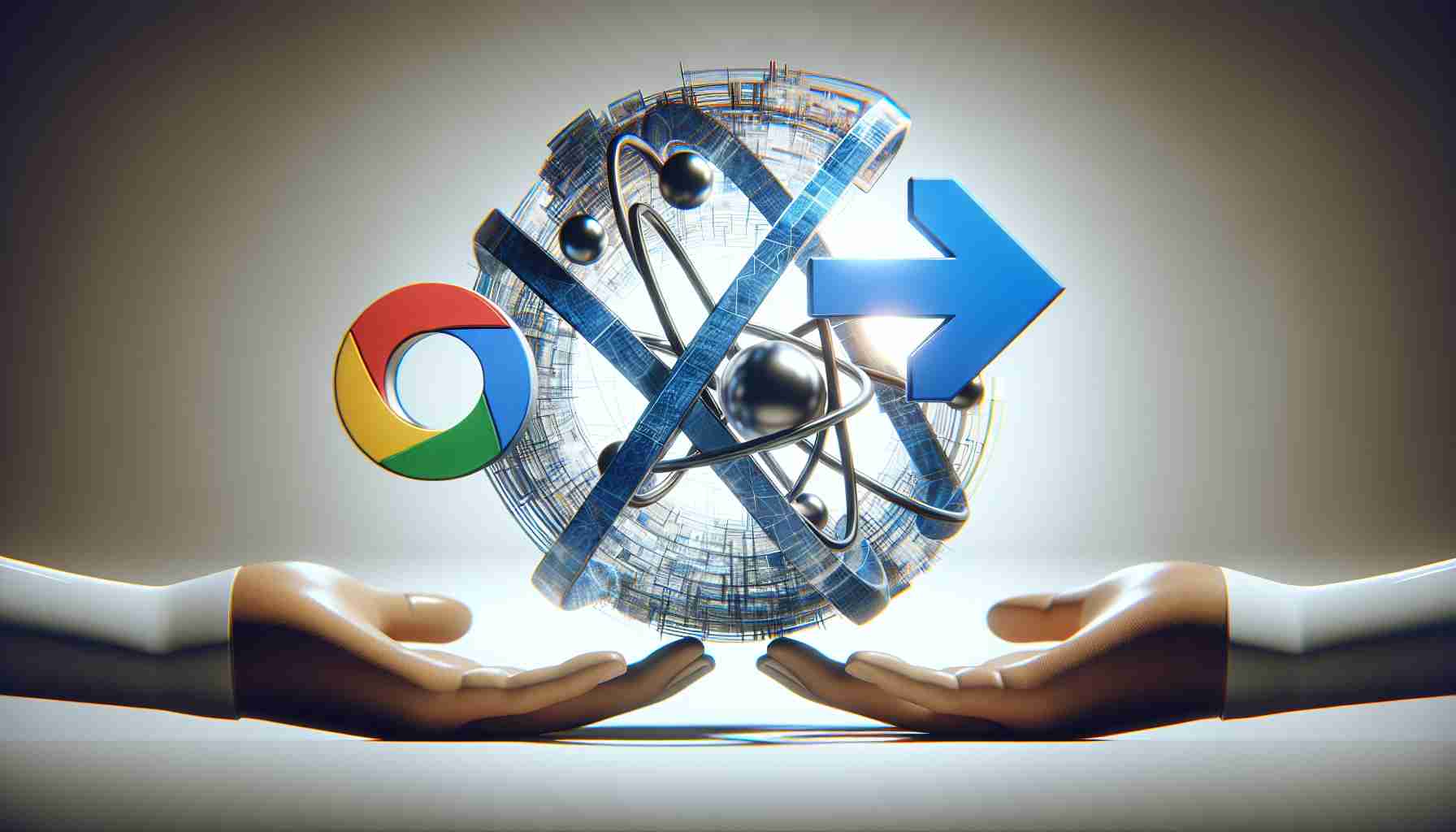In a significant move towards sustainable energy, Google has forged a partnership with Kairos Power to incorporate small nuclear reactors in powering its extensive AI data centers. This collaboration is set to kick off within the next few years, with the first reactor anticipated to be operational by the end of the decade and additional reactors expected by 2035.
While specific financial details and the geographic locations of the reactors remain undisclosed, the agreement underscores a growing trend among tech giants exploring nuclear energy as a solution to their ever-increasing power demands. The motivation behind this initiative is to ensure that the energy requirements of artificial intelligence can be met responsibly, ensuring minimal environmental impact.
Kairos Power is at the forefront of utilizing advanced nuclear technologies, particularly through the development of small reactors that utilize molten salt as a cooling agent. Their innovation aims not only to showcase the potential of advanced nuclear energy but also to contribute to a reliable, low-carbon energy future.
However, the implementation of these plans is contingent on obtaining necessary approvals from regulatory bodies in the United States. This partnership signifies a notable step in the tech industry’s shift towards greener energy solutions, promising a new era in how data centers can operate with sustainability at the core of their energy strategies.
Google Partners with Kairos Power for Advanced Nuclear Energy Solutions: A New Era in Sustainable Energy
In a groundbreaking development for sustainable energy, Google has announced a strategic partnership with Kairos Power, aiming to integrate small nuclear reactors into its power supply for AI data centers. This partnership not only highlights the technological innovation in nuclear energy but also sets a precedent for the efficient energy consumption required by data-intensive processes like AI.
Key Questions Addressed in This Partnership:
1. What are the expected benefits of using small nuclear reactors for data centers?
– Small nuclear reactors (SMRs) offer a consistent and reliable source of energy, which is crucial for data centers that operate continuously. Additionally, they produce minimal greenhouse gas emissions compared to traditional fossil fuel sources, contributing to Google’s goals for carbon-free operations.
2. What is the timeline for the partnership’s implementation?
– The collaboration is anticipated to commence within the next few years, with the first reactor expected to be operational by the end of the decade and a series of additional reactors projected to follow by 2035.
3. How does this initiative align with Google’s broader sustainability goals?
– Google’s commitment to sustainability includes achieving 24/7 carbon-free energy in all its data centers by 2030. This partnership with Kairos Power represents a significant step towards this goal, positioning advanced nuclear energy as a robust alternative to meet increasing demands.
Challenges and Controversies Surrounding Advanced Nuclear Energy:
Despite the potential benefits, several key challenges and controversies accompany the deployment of small nuclear reactors:
– Regulatory Hurdles: The partnership’s success hinges on approvals from various regulatory bodies in the U.S. The licensing and regulation of nuclear technology involve extensive scrutiny due to safety concerns stemming from past nuclear incidents.
– Public Perception and Acceptance: Nuclear energy often faces strong public opposition due to fears of radiation and historical nuclear disasters. Overcoming these perceptions will be critical for the success of the initiative.
– Waste Management: The question of nuclear waste disposal remains unresolved. Even though Kairos Power focuses on advanced systems that could minimize waste, long-term solutions for radioactive waste management are still needed and are a point of concern.
Advantages and Disadvantages of the Partnership:
Advantages:
– Sustainability: Nuclear energy is a low-carbon solution, aligning with global trends toward reducing carbon footprints.
– Reliability: Nuclear reactors can provide a steady and predictable power supply, essential for the energy-intensive operations of data centers.
– Innovation in Technology: Advanced nuclear technologies like those developed by Kairos Power can increase the safety and efficiency of nuclear energy.
Disadvantages:
– High Initial Costs: The setup for nuclear reactors is capital-intensive, which could strain financial resources initially.
– Prolonged Approval Processes: Regulatory challenges can delay the implementation timeline, pushing back potential benefits.
This collaboration between Google and Kairos Power signals a paradigm shift in how major tech companies are addressing their energy needs, particularly in the context of growing environmental awareness and the urgency to combat climate change.
For more about Google’s sustainability initiatives, you can visit their main page at Google. For further information on Kairos Power and its advanced nuclear technologies, visit Kairos Power.












